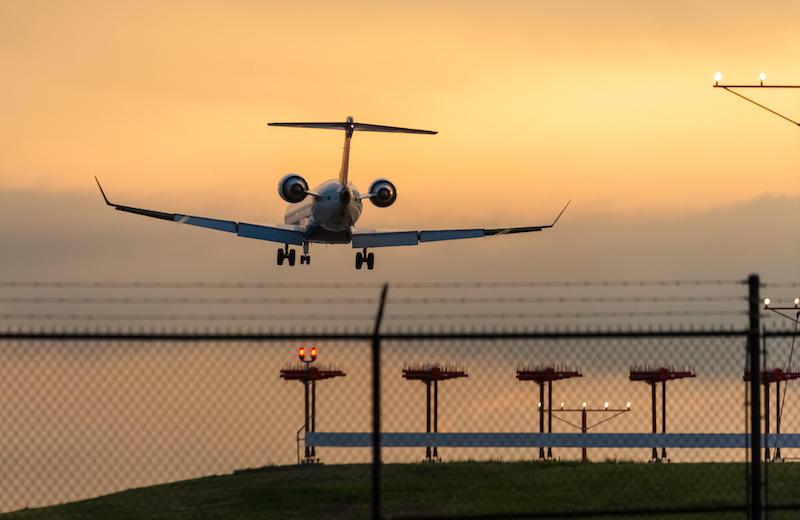
Trade body Airports Council International (ACI) has reiterated calls to reform airport slot regulations, arguing that current rules restrict consumer choice and connectivity.
Speaking at the ACI Europe/ACI World Annual General Assembly in Barcelona, Spain, ACI Europe Director General Olivier Jankovec tells Routes that airports have limited influence over the allocation and utilization of slots, leading to a lack of transparency in the process. He stresses the importance of diversifying slot usage at congested airports.
“We would like to have more power in the rules and the way they are being applied,” Jankovec says.
He explains that instead of focusing on allocating numerous slots for daily flights to destinations like London, it would be more beneficial to prioritize other communities and introduce a broader range of destinations. By reallocating slots to alternative destinations, airports can better serve the needs of different passenger segments, he adds.
Jankovec also highlights certain practices that contribute to inefficiencies and wasted capacity. Specifically, Jankovec addresses the issue of airlines overbidding for slots. He says carriers often announce plans to operate a significant number of flights during a season, but later return a portion of the allocated slots, maintaining a smaller portfolio.
This behavior sends misleading signals to the market and other airlines, Jankovec claims, causing them to step back. By the time the slots are returned for reallocation, it becomes too late for interested airlines to make informed decisions.
Additionally, ACI Europe acknowledges the existence of discrepancies in meeting the use-it-or-lose-it rule, which typically requires an 80% utilization of slots. Jankovec says that certain airports experience utilization rates as low as 60% or 70%.
The renewed appeal for the reform of airport slot regulations comes fewer than two weeks after the International Air Transport Association (IATA) called for governments to ensure the global alignment of regulations, saying such a move would “safeguard the consistent, fair and transparent allocation of slots under the Worldwide Airport Slot Guidelines (WASG).”
The organization added that the implementation of the WASG has brought significant benefits to consumers, such as reliable schedules and increased access to new markets. Simultaneously, airlines and airports have witnessed improved utilization of limited airport capacity.
“The air transport industry thrives on consistent global standards,” IATA Director General Willie Walsh said. “Governments should align their slot rules with this global standard to benefit from better air connectivity, efficiency and consumer choice.”
At the time, ACI World Director General Luis Felipe de Oliveira acknowledged the significance of the WASG, but said that there should be regional and national involvement to tailor the slot guidelines to the “unique operational intricacies” of each airport.
